Search
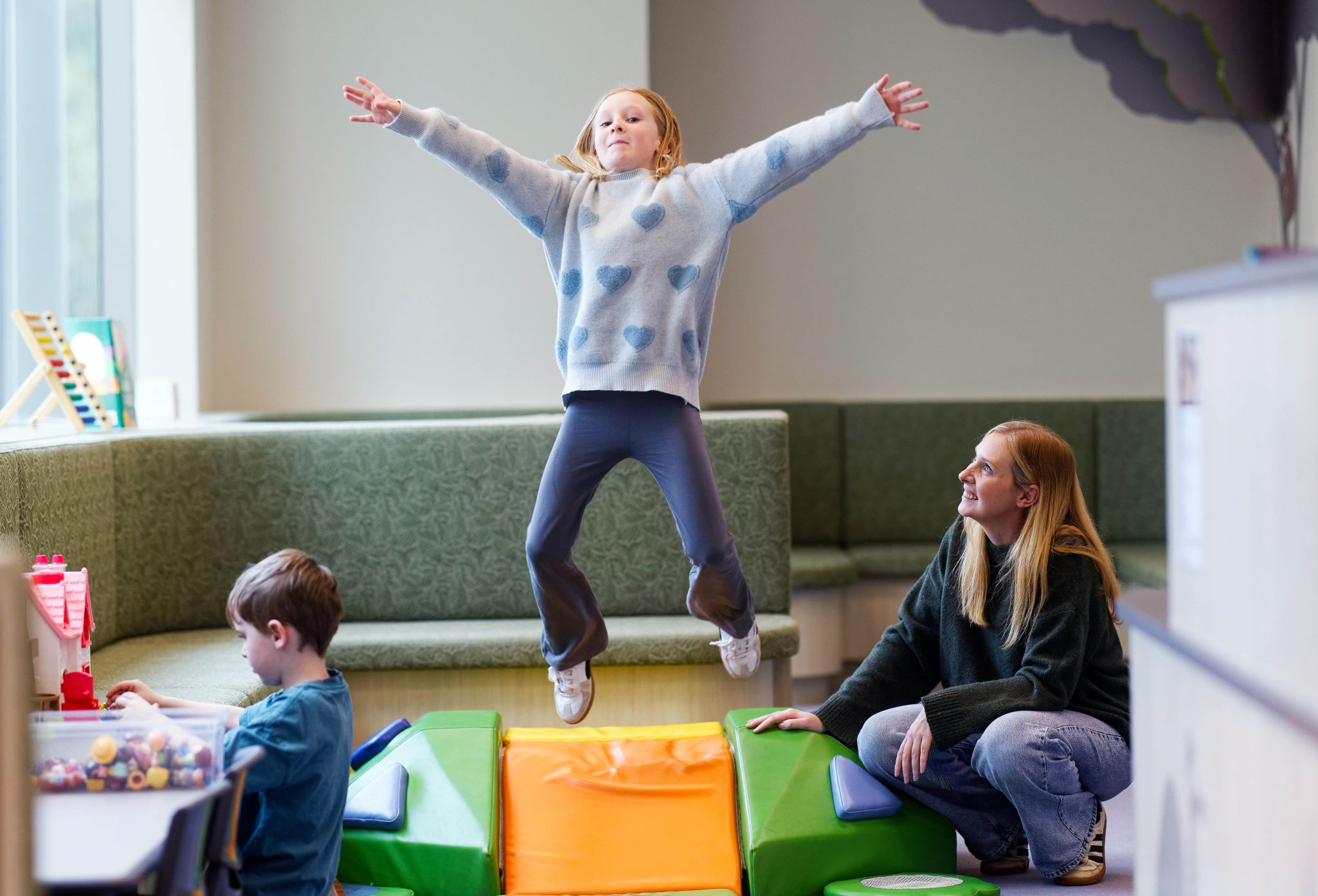
There is lots of news to report from the clinic including holiday shutdown dates, appointment scheduling, staff updates, and more.
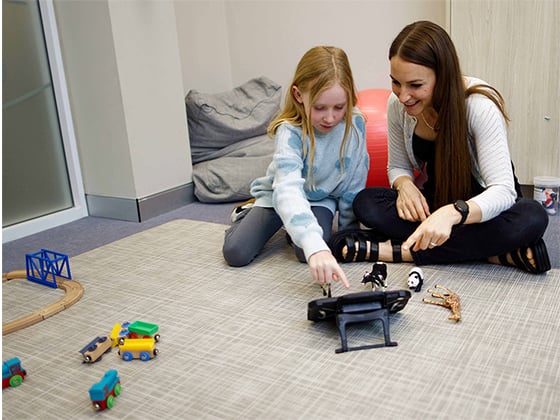
Speech Pathology Week 2025 at CliniKids.
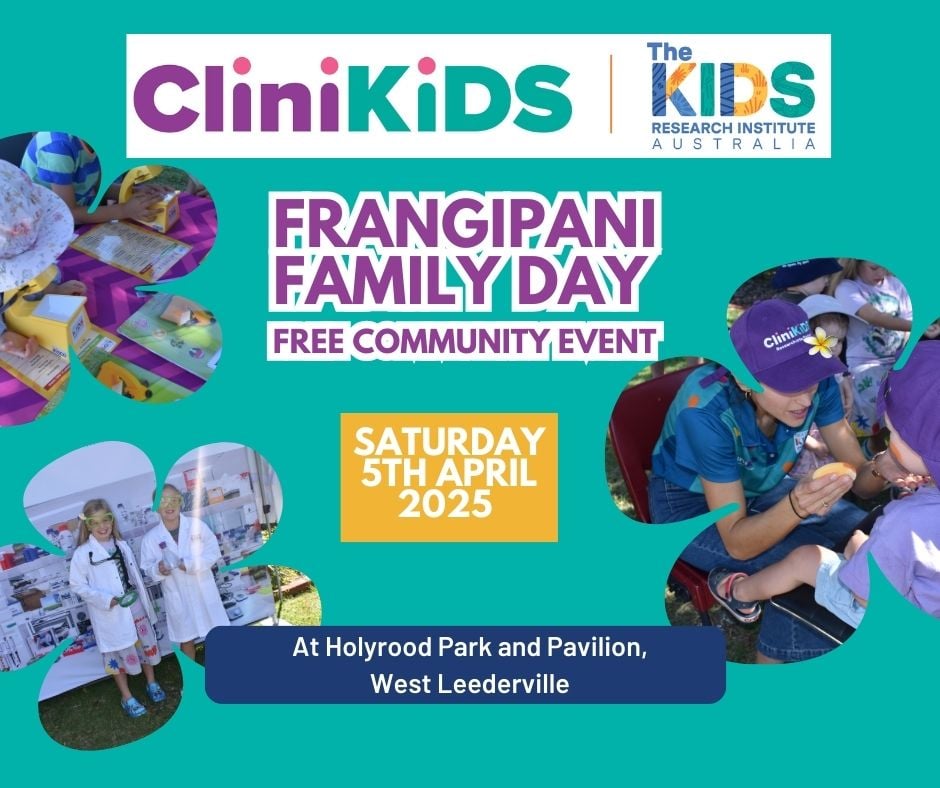
Frangipani Family Day is a free community event for young neurodiverse children and their families in WA.

There is lots of news to report from the clinic including holiday shutdown dates, staff updates and service availability.
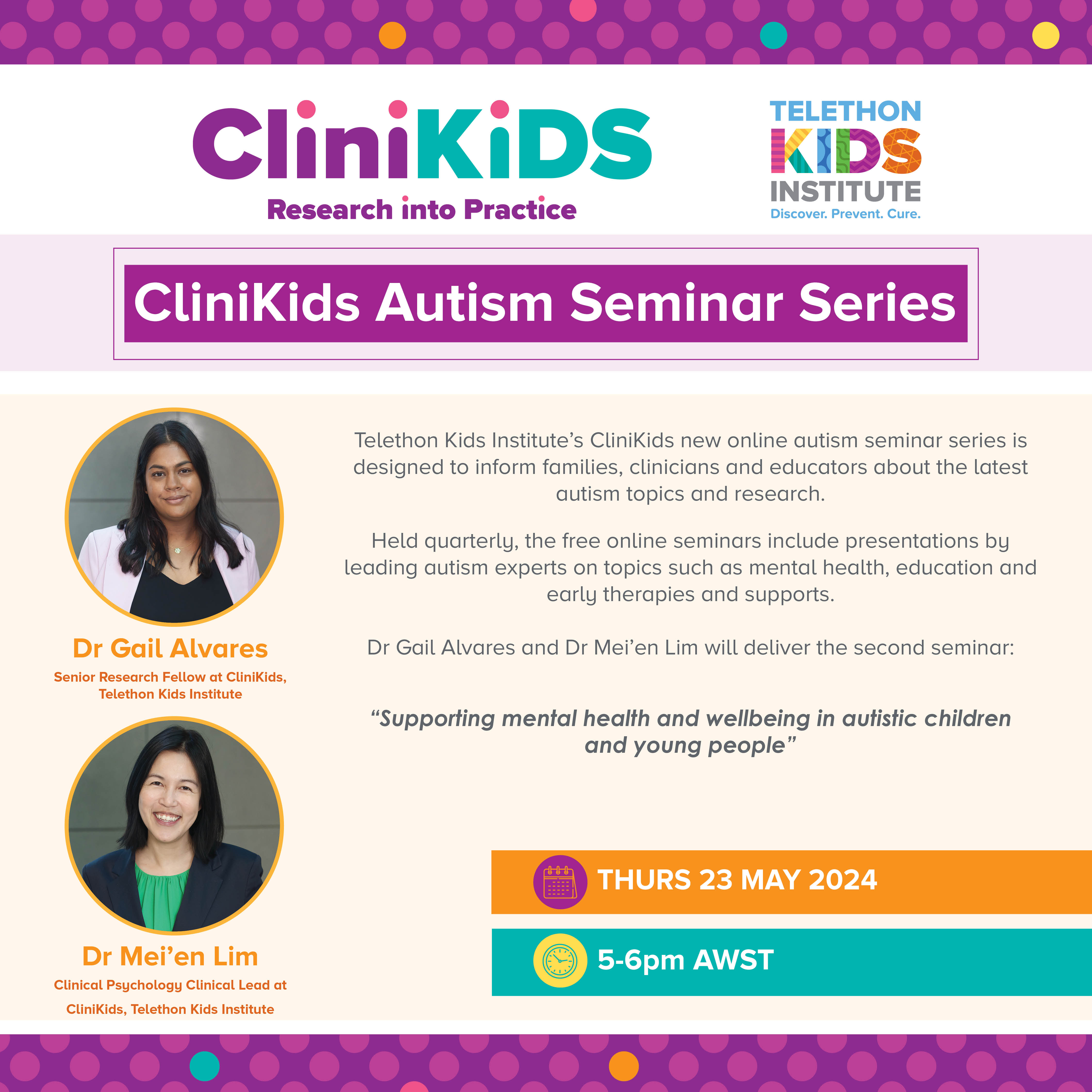
Here you will find follow up information from our autism seminar on mental health and autism.
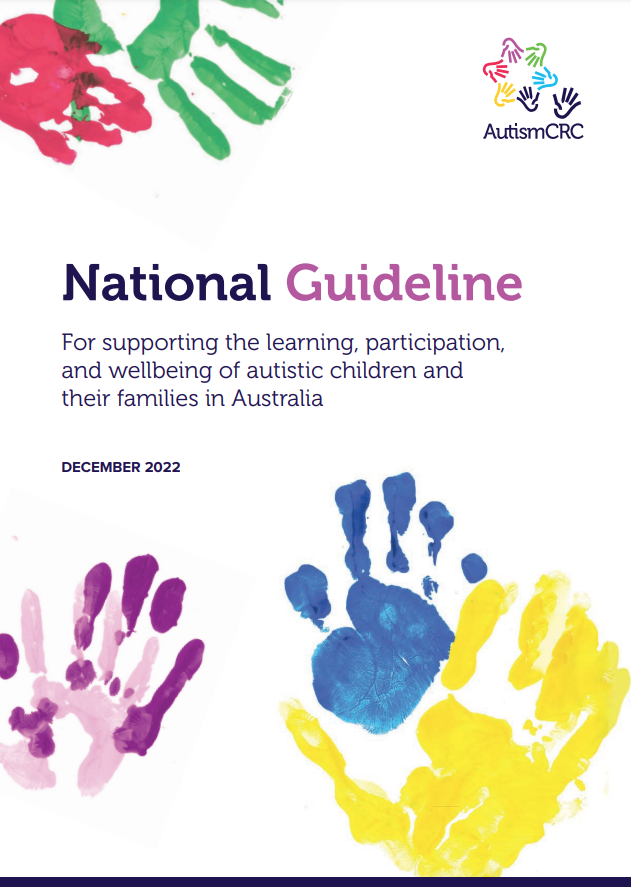
CliniKids has partnered with Autism CRC to deliver an online self-paced short course which explores the Recommendations included within the National Guideline for supporting the learning, participation, and wellbeing of autistic children and their families in Australia.
There is lots of news to report from the clinic including holiday shutdown dates, appointment scheduling, staff updates, changes to creche, and service availability.
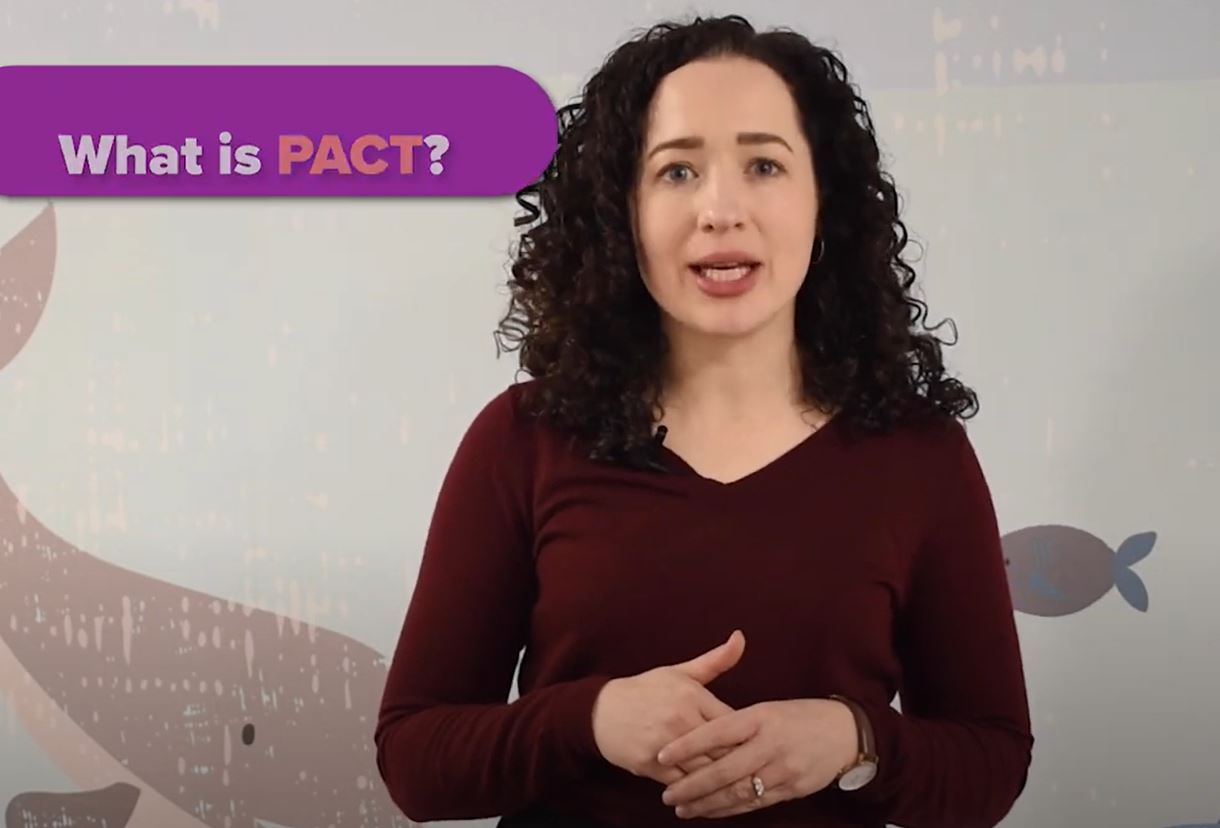
Paediatric Autism Communication Therapy is now available at CliniKids via telehealth.
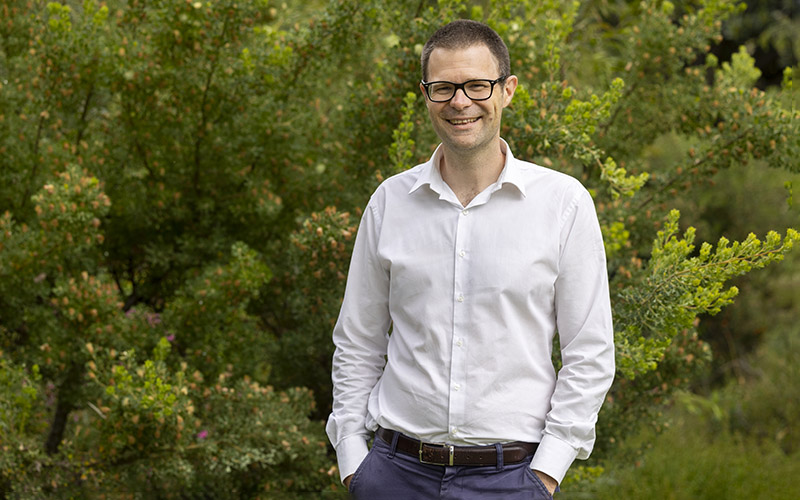
The Kids Research Institute Australia’s CliniKids is excited to introduce an online autism seminar series in 2024, designed to inform families, clinicians and educators about the latest autism topics and research.
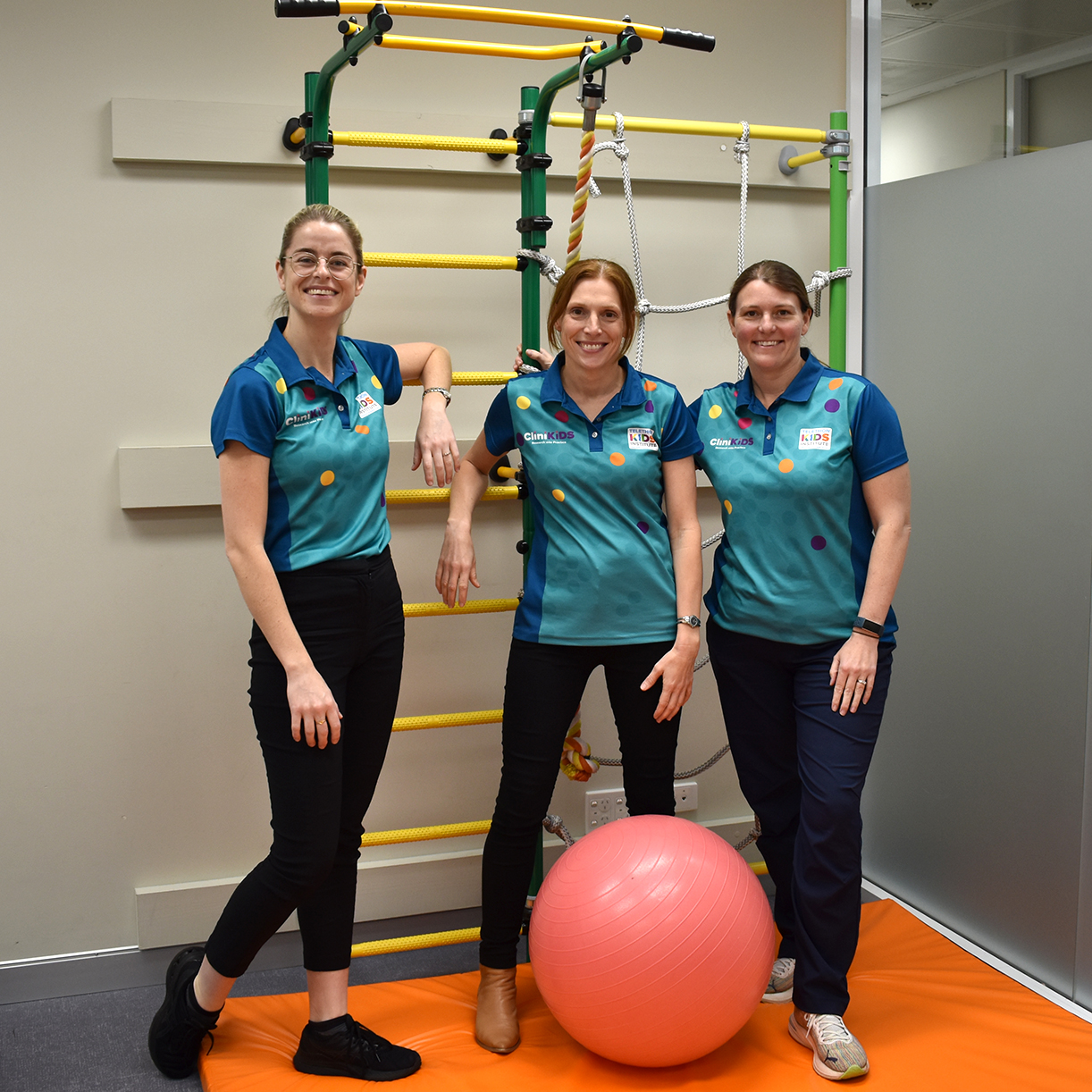
For Occupational Therapy Week, we asked our OTs to share their favourite resource and how they like to use it.
